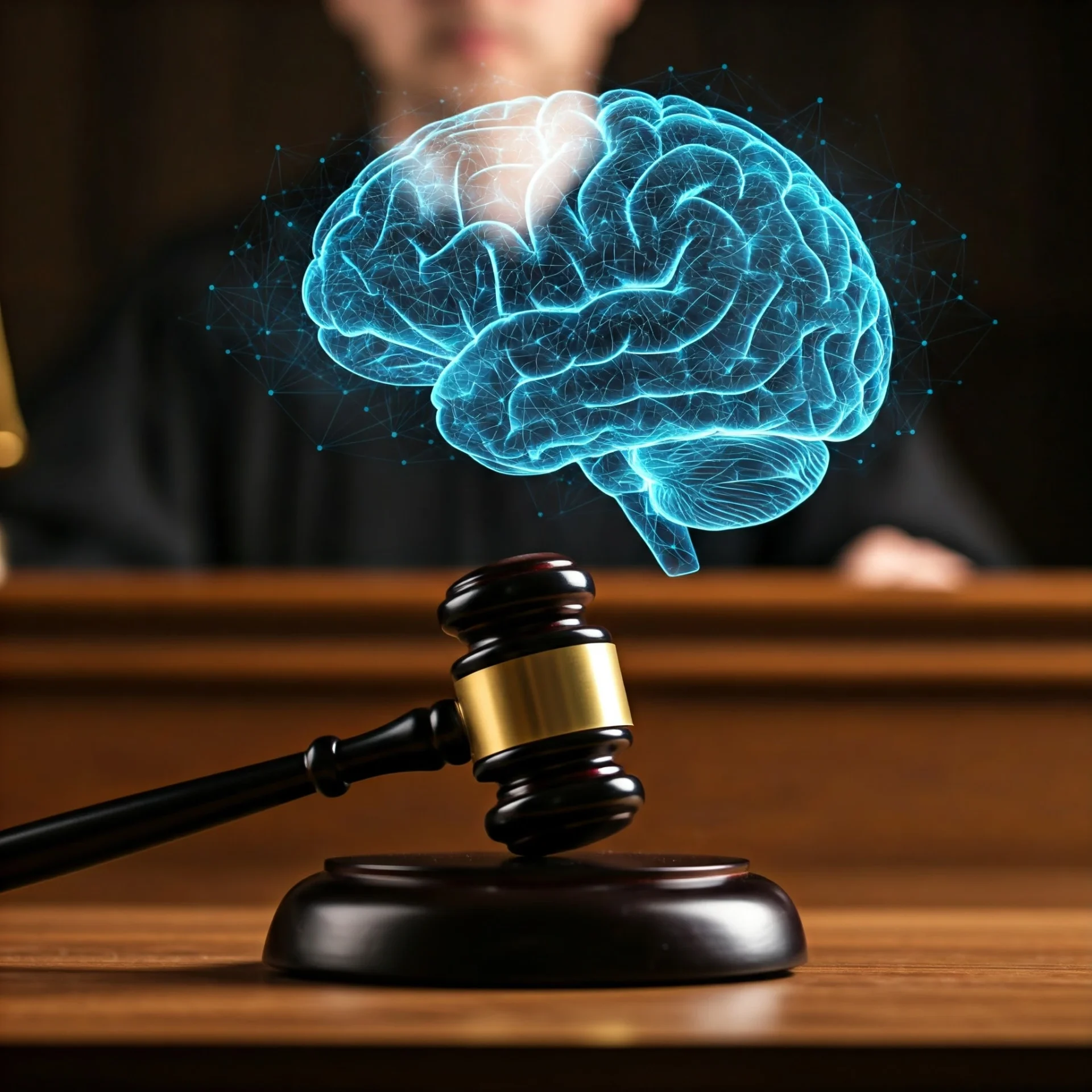
Elon Musk Backs Legal Challenge to OpenAI’s For-Profit Transition Over Public Safety Concerns
Encode, a nonprofit focused on responsible AI development, has filed an amicus brief in support of Elon Musk’s legal effort to block OpenAI’s transition from a nonprofit to a for-profit entity. The case highlights a growing debate over the balance between innovation, public benefit, and financial interests in the AI industry.
The brief, submitted to the U.S. District Court for the Northern District of California, argues that OpenAI’s restructuring undermines its original mission to prioritize the safe and beneficial development of transformative technology. Encode asserts that allowing OpenAI to transition into a Public Benefit Corporation (PBC) with shareholder-driven goals risks placing profits above public safety.
The Roots of the Dispute
Founded in 2015, OpenAI started as a nonprofit research lab committed to advancing artificial intelligence in a way that benefits humanity. Over time, however, the financial demands of its research led to the adoption of a hybrid model—combining a nonprofit overseeing a for-profit arm with capped returns for investors. Recently, OpenAI announced plans to restructure into a Delaware PBC, maintaining its nonprofit but transferring operational control in exchange for shares in the new entity.
Musk, an early OpenAI donor, filed a lawsuit in November seeking an injunction to halt this shift. He alleges that OpenAI has abandoned its philanthropic mission, using its resources to dominate the AI market at the expense of rivals, including his AI startup, xAI. OpenAI dismissed Musk’s claims as “baseless,” framing them as a reaction to competition.
Encode’s Concerns
Encode’s founder, Sneha Revanur, criticized OpenAI’s shift, accusing it of prioritizing financial gains while externalizing the risks to society. “The courts must intervene to ensure AI development serves the public interest,” she stated. The nonprofit’s brief also warns that the transition could erode OpenAI’s commitments to safety, citing concerns that its nonprofit oversight may become a “symbolic side project” with no real authority.
The brief highlights several key risks:
- Loss of Mission Control: Once restructured, OpenAI’s nonprofit board would lose its ability to cancel investor equity, even in the face of safety concerns.
- Reduced Safety Incentives: For-profit entities are legally obligated to balance public benefit with shareholder interests, potentially diluting safety commitments.
- Ethical Drift: The brief claims OpenAI’s restructuring would send a dangerous message to other AI developers, undermining trust in the ecosystem.
Encode’s concerns have gained high-profile support from AI leaders, including Geoffrey Hinton, a Nobel laureate and pioneer in the field, and Stuart Russell, a prominent computer science professor at UC Berkeley. Both warned that OpenAI’s shift risks prioritizing profit over public welfare, despite its foundational safety promises.
Broader Implications
The debate extends beyond OpenAI. In December, Meta, a competitor in AI, urged California Attorney General Rob Bonta to intervene, arguing that allowing OpenAI’s transition would set a precedent with “seismic implications” for Silicon Valley.
Former OpenAI employees have also expressed unease. Miles Brundage, a policy researcher who left the company, warned on X (formerly Twitter) that the nonprofit might devolve into a powerless entity, giving the for-profit arm unchecked freedom to pursue commercial goals.
A Crucial Decision Ahead
Encode’s filing underscores a pivotal moment in AI regulation. At the heart of the debate is whether transformative technologies like artificial general intelligence (AGI) should be controlled by entities focused on public welfare or those driven by financial returns.
Encode’s brief concludes by emphasizing the public interest: “The fiduciary duty to humanity would evaporate under Delaware law, harming society by allowing a safety-focused nonprofit to relinquish control over transformative technology.”
As the legal battle unfolds, the outcome could redefine how AI innovation is governed, shaping the balance between public accountability and private profit in one of the most influential industries of the 21st century.








